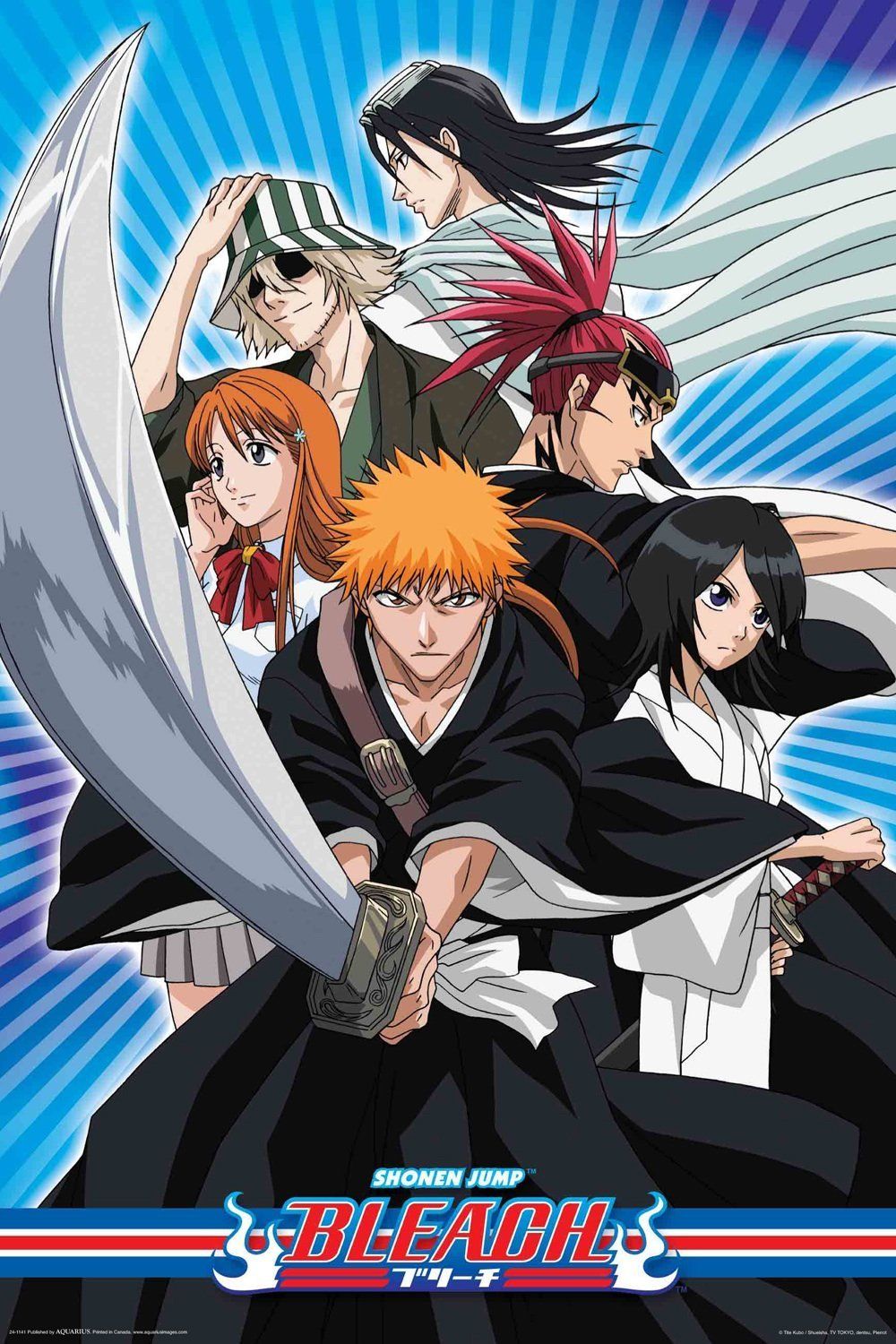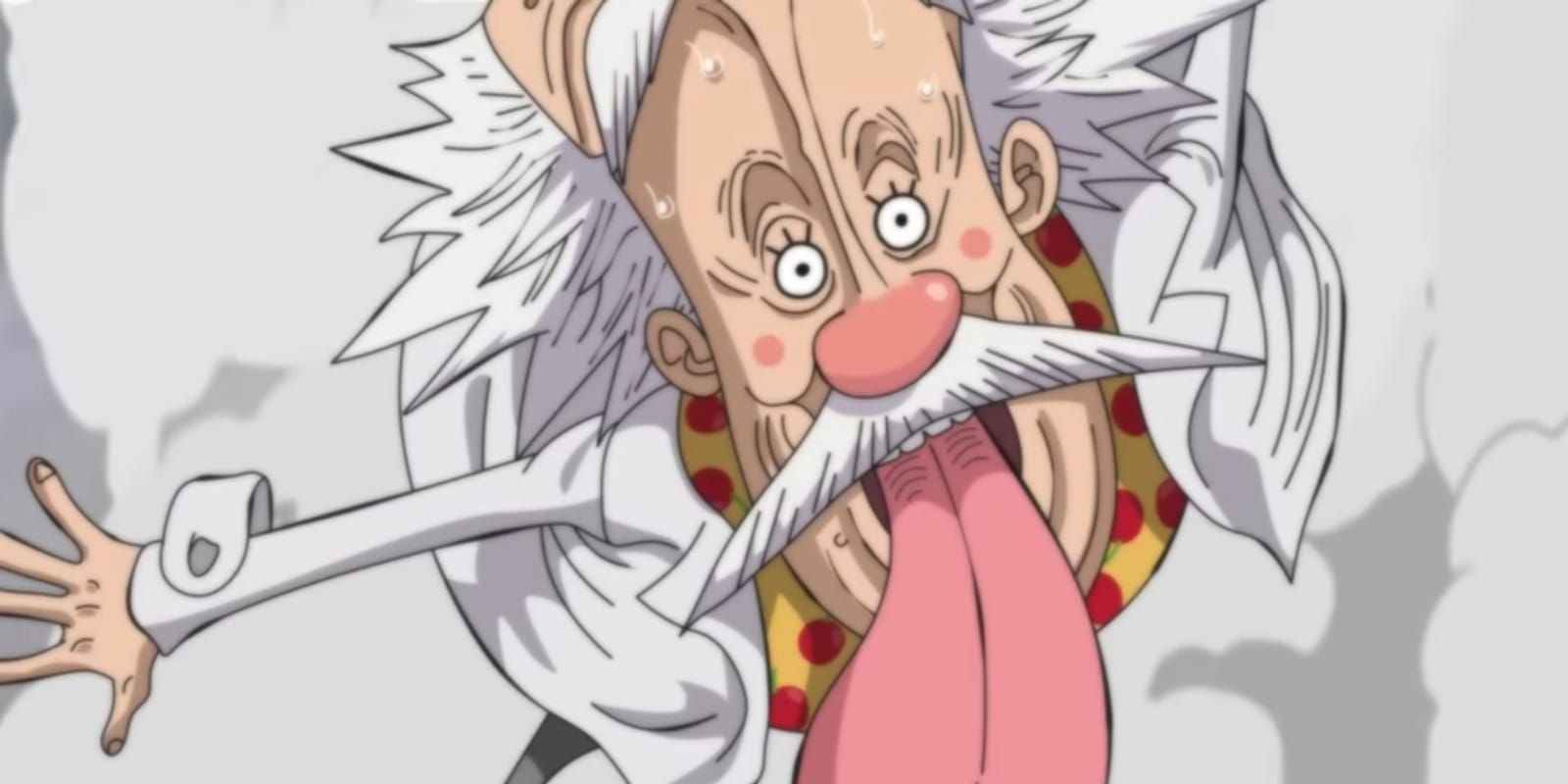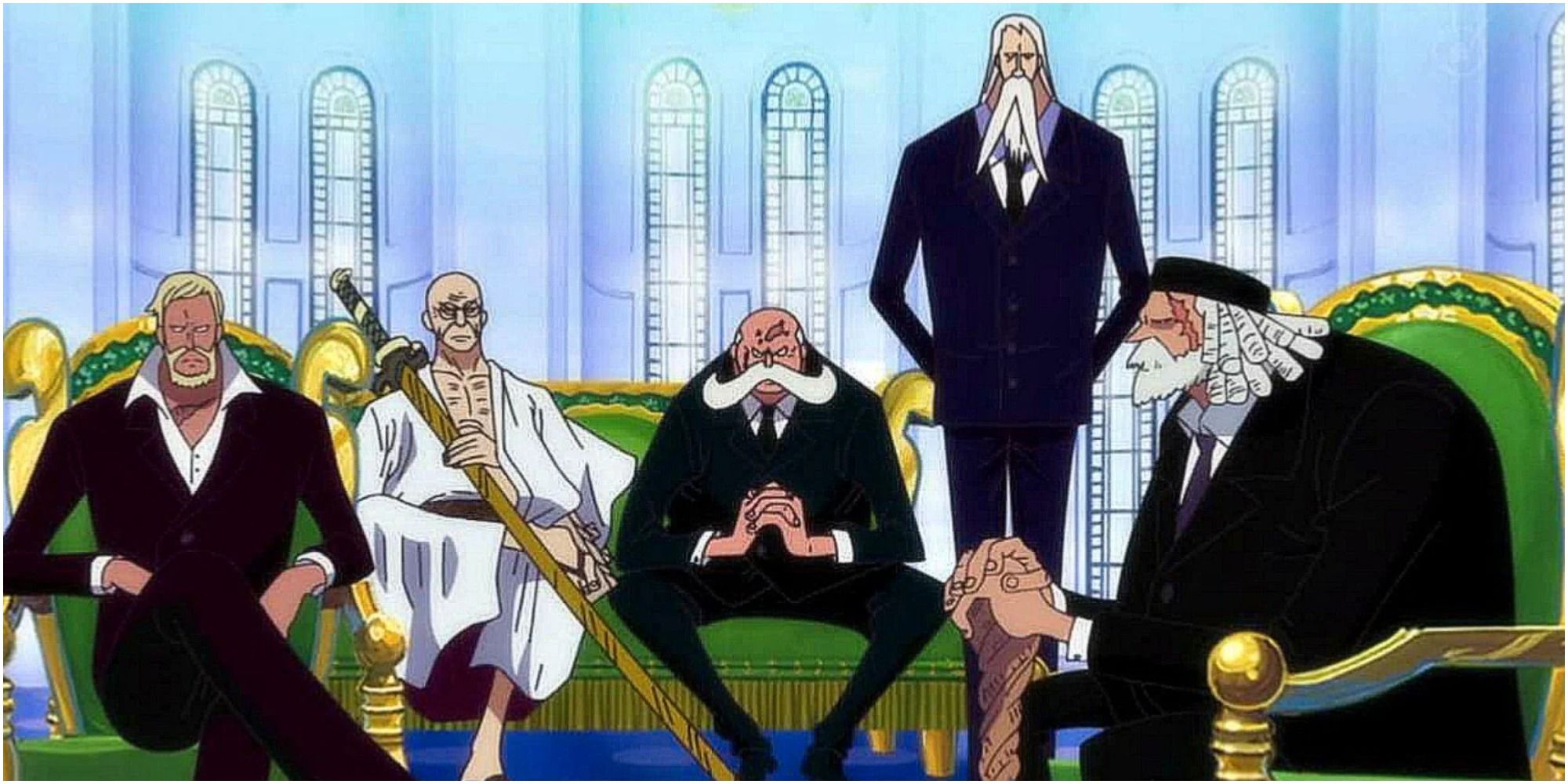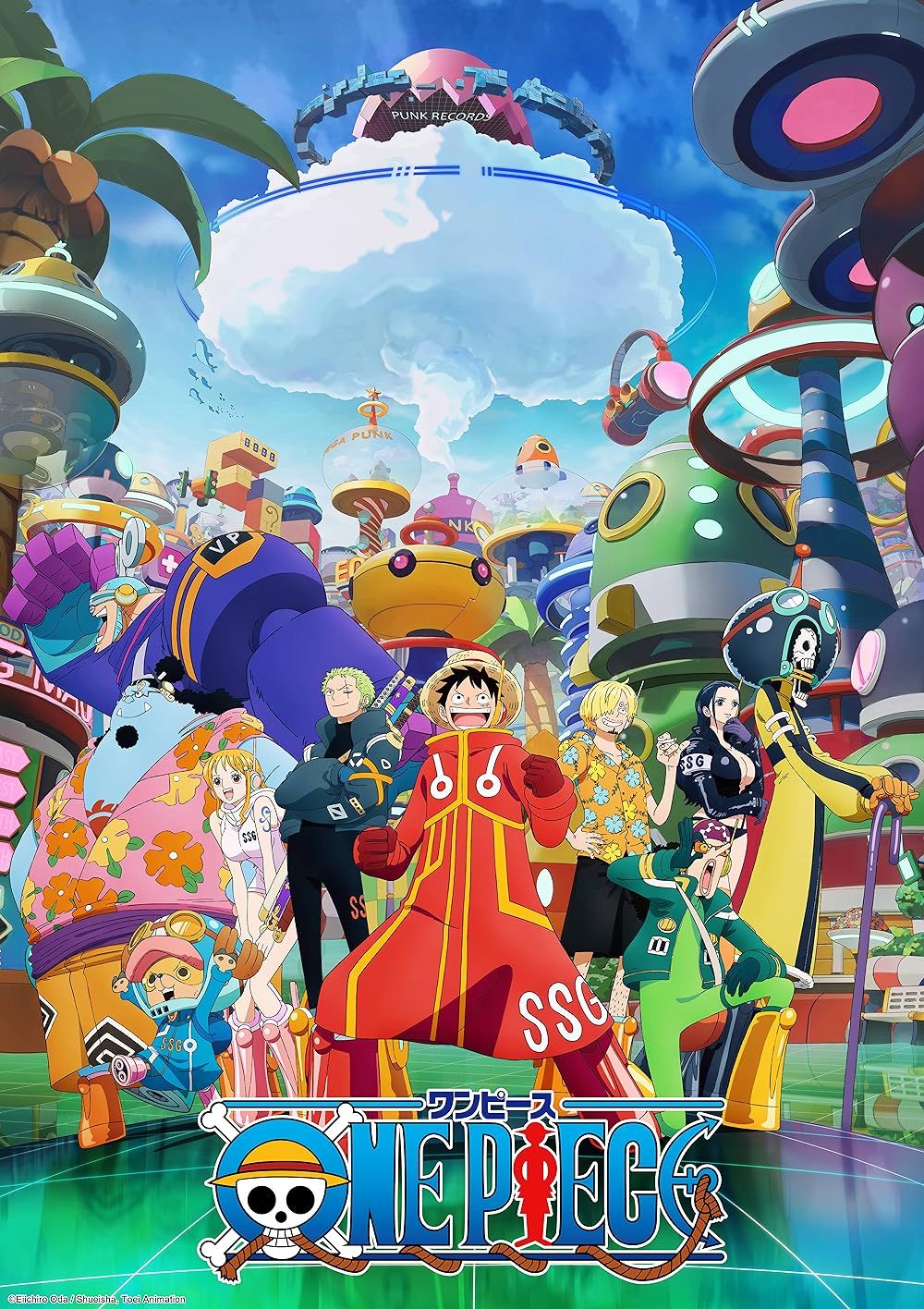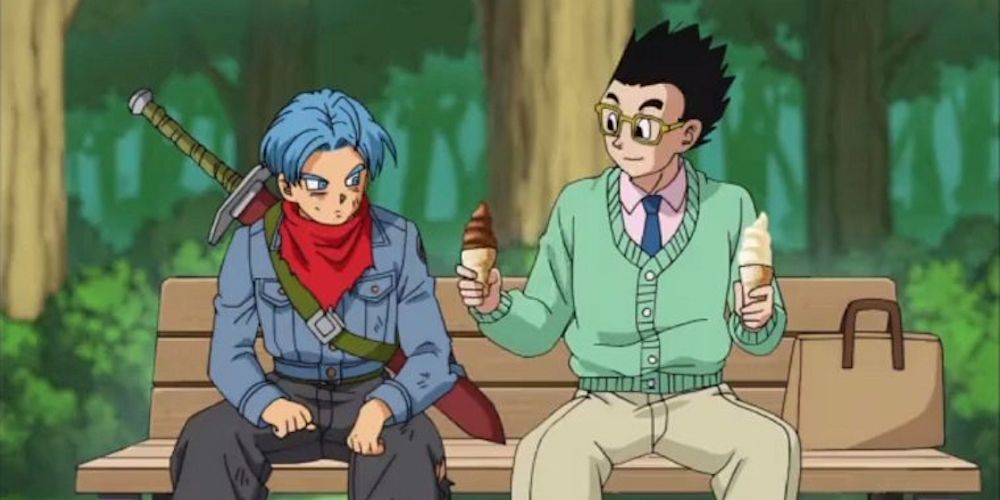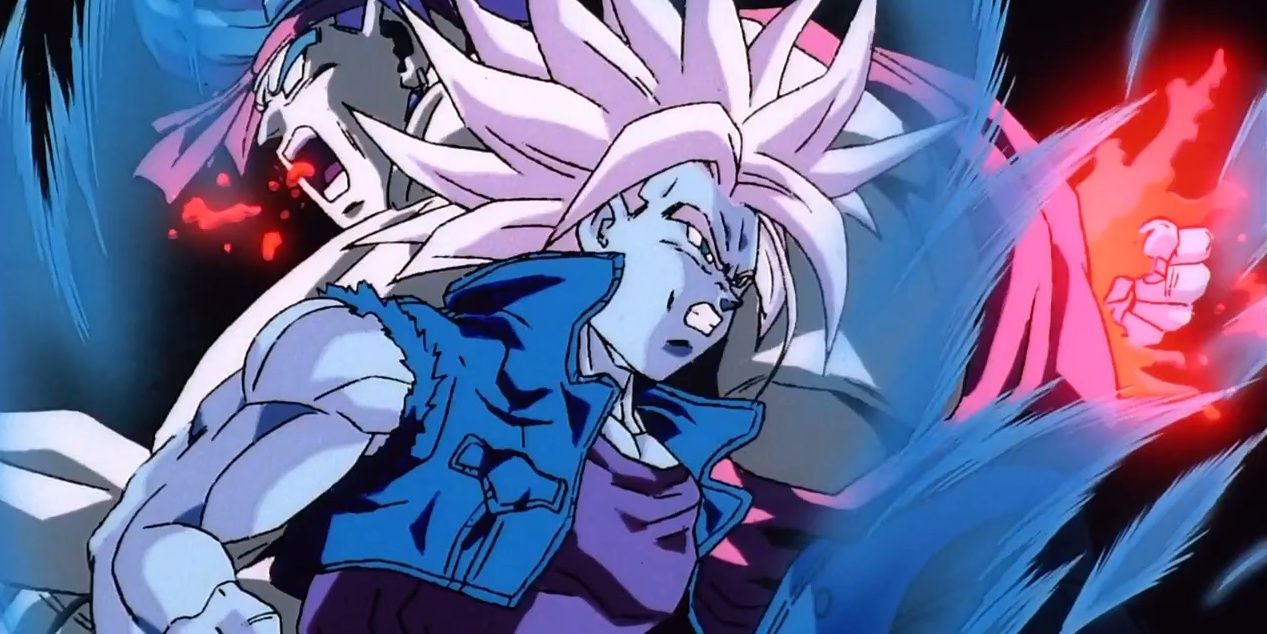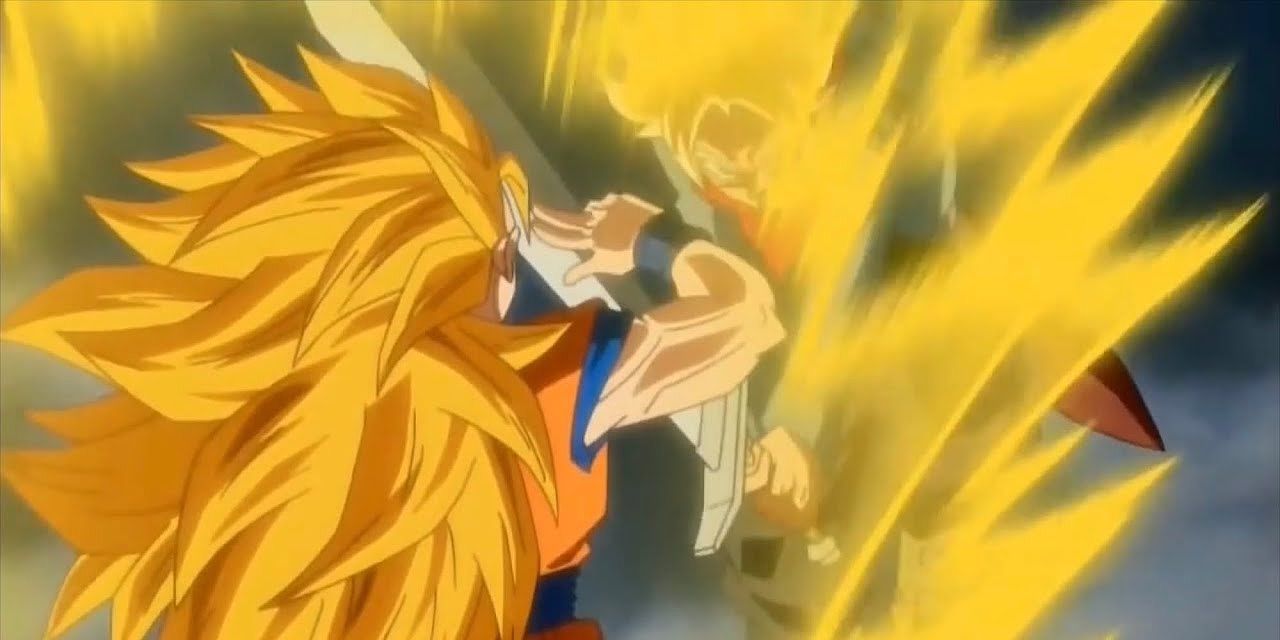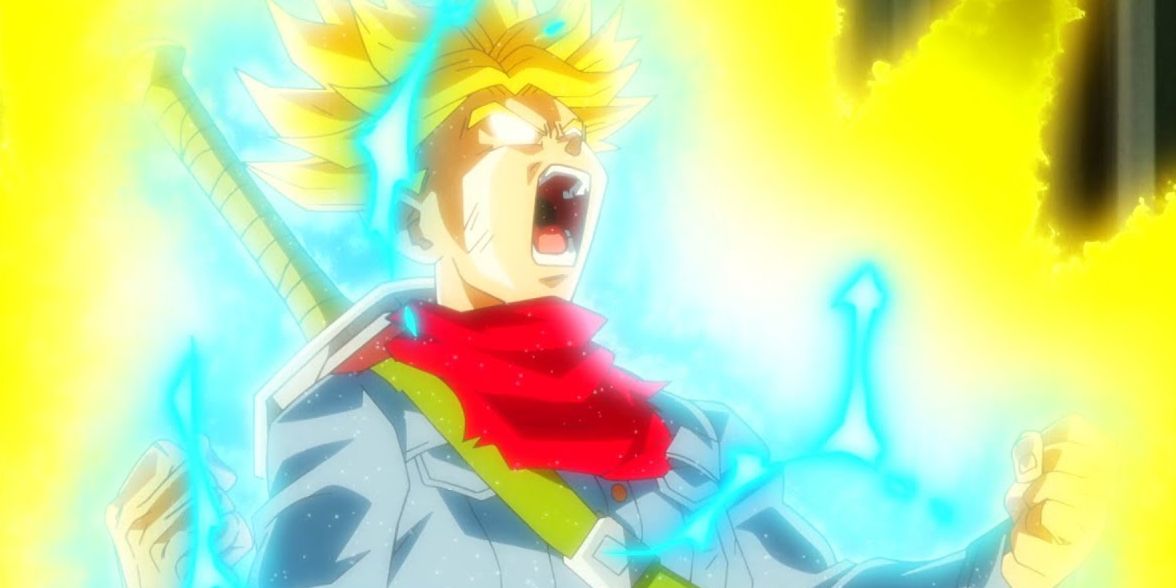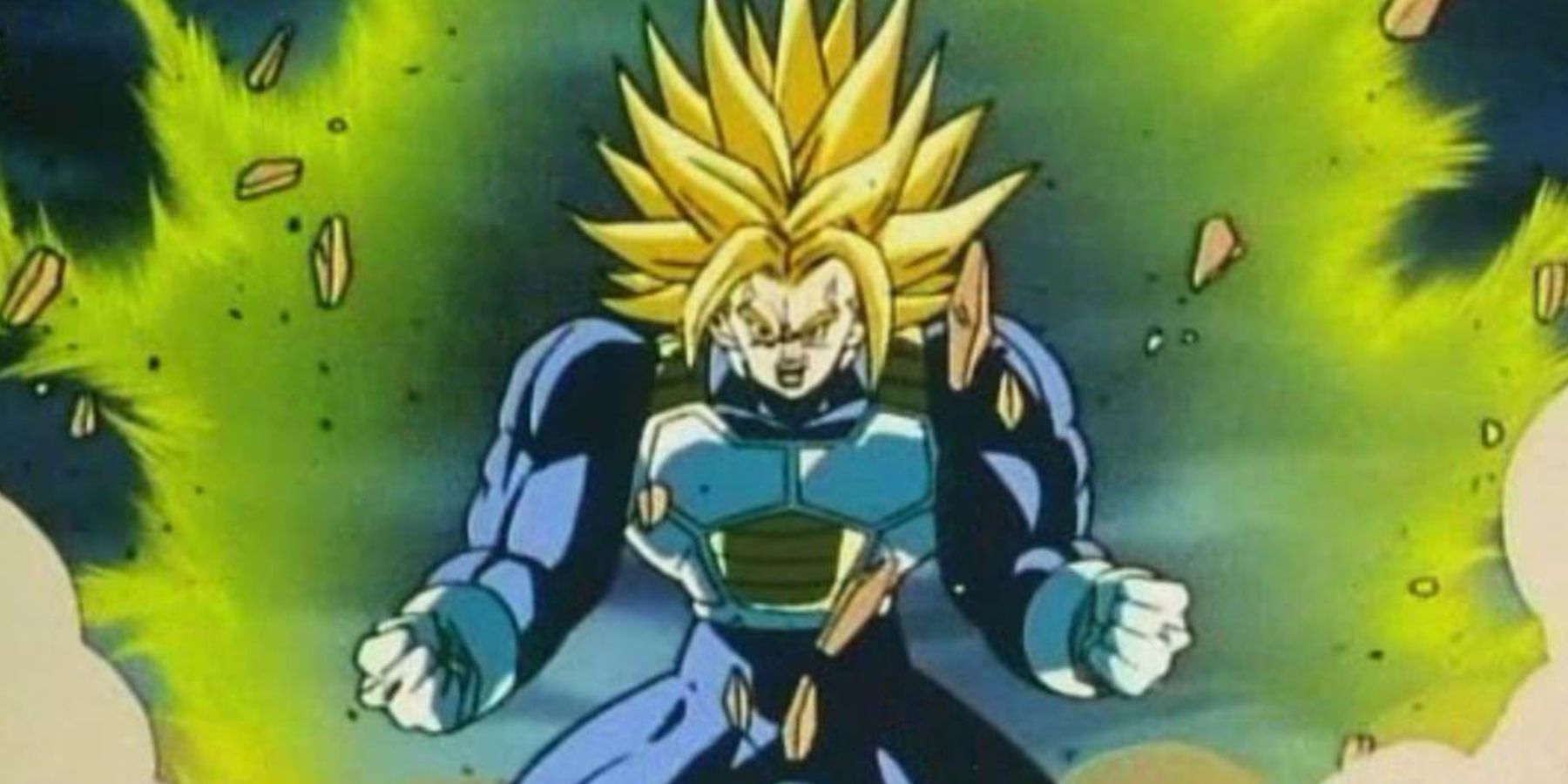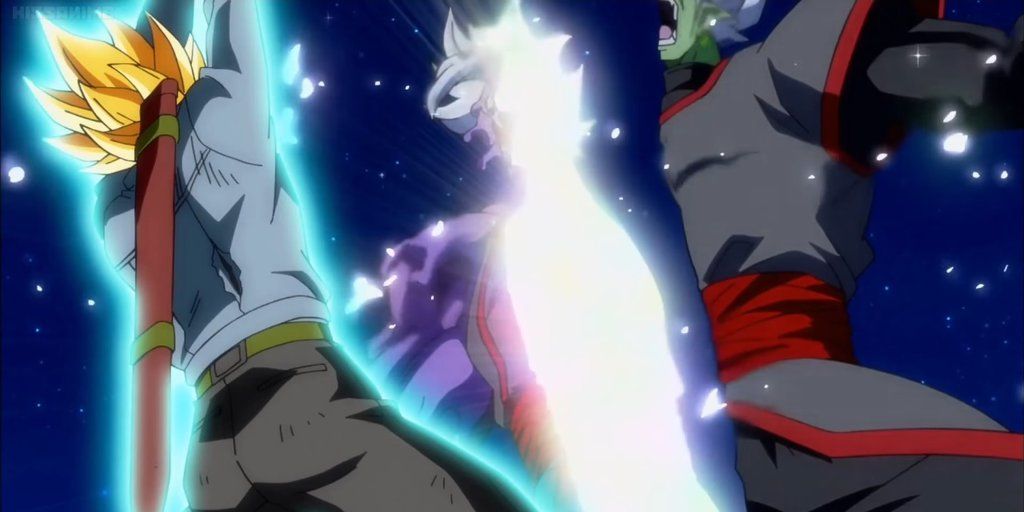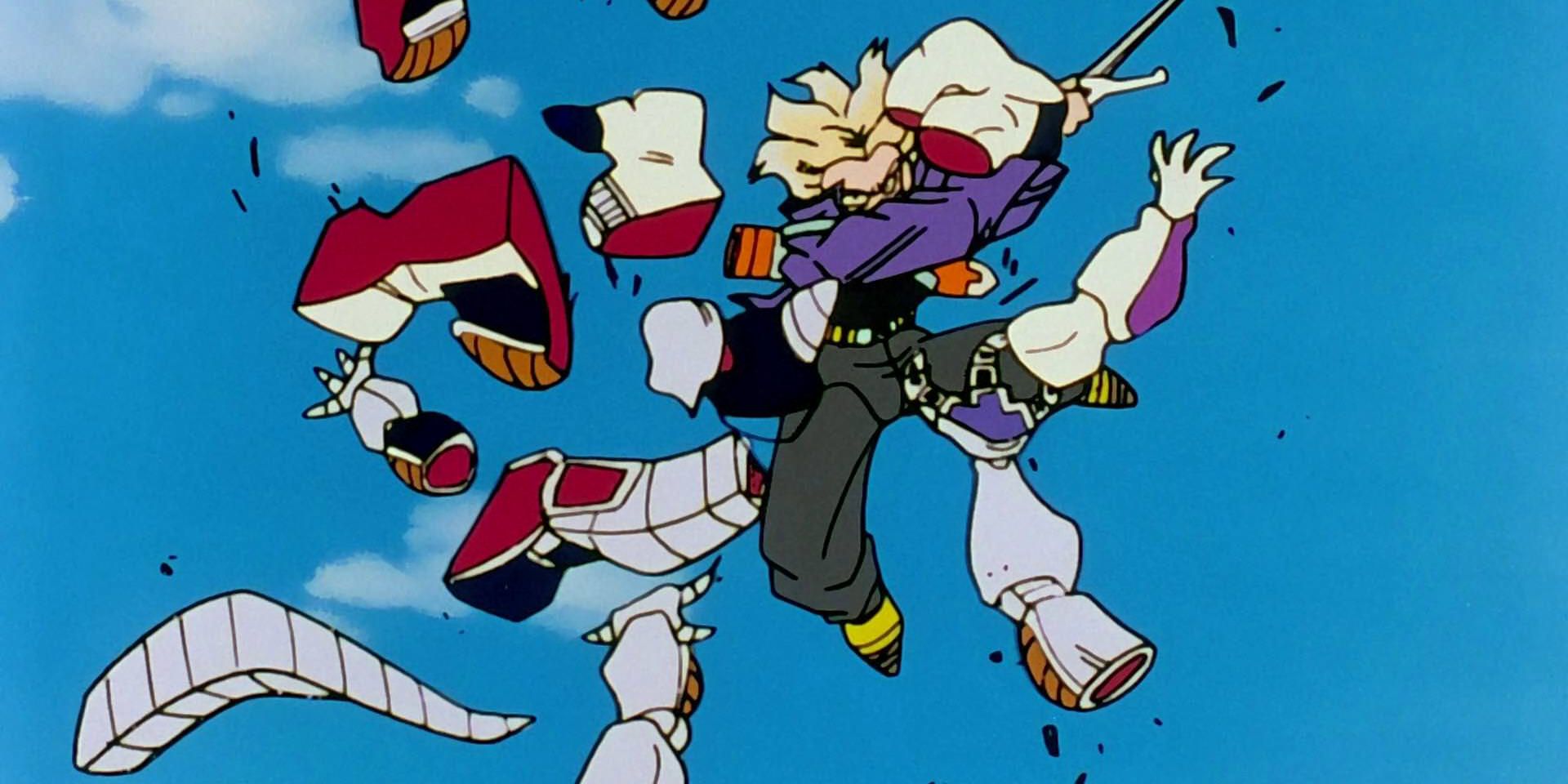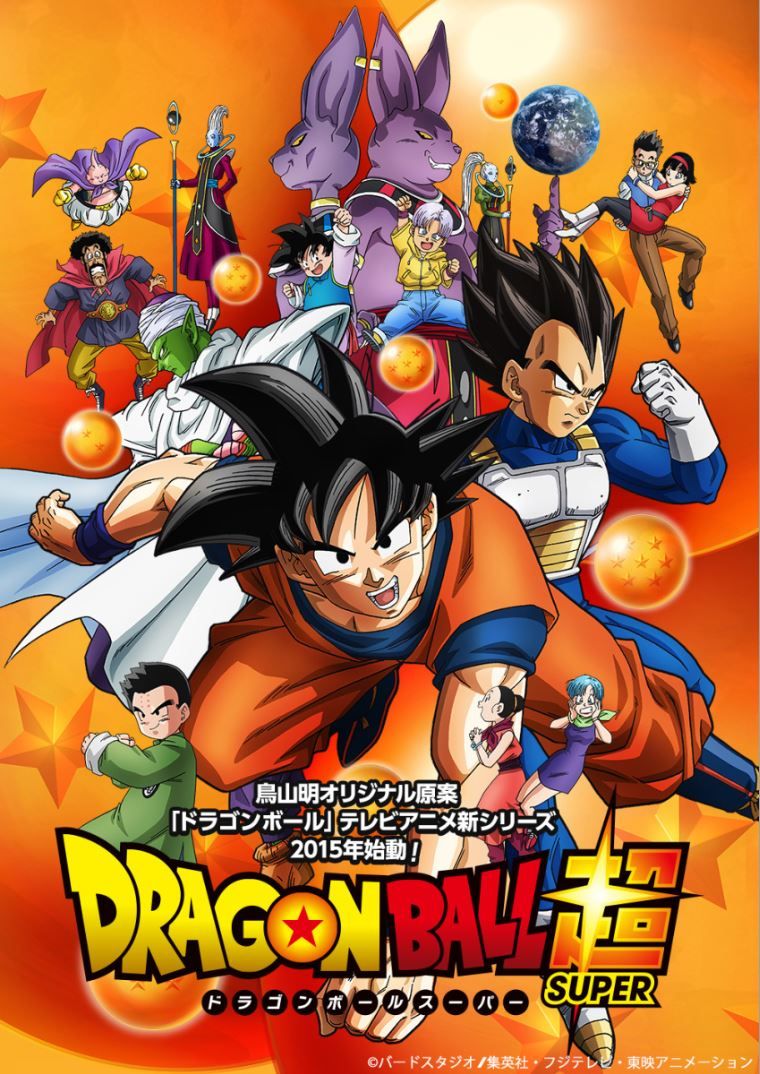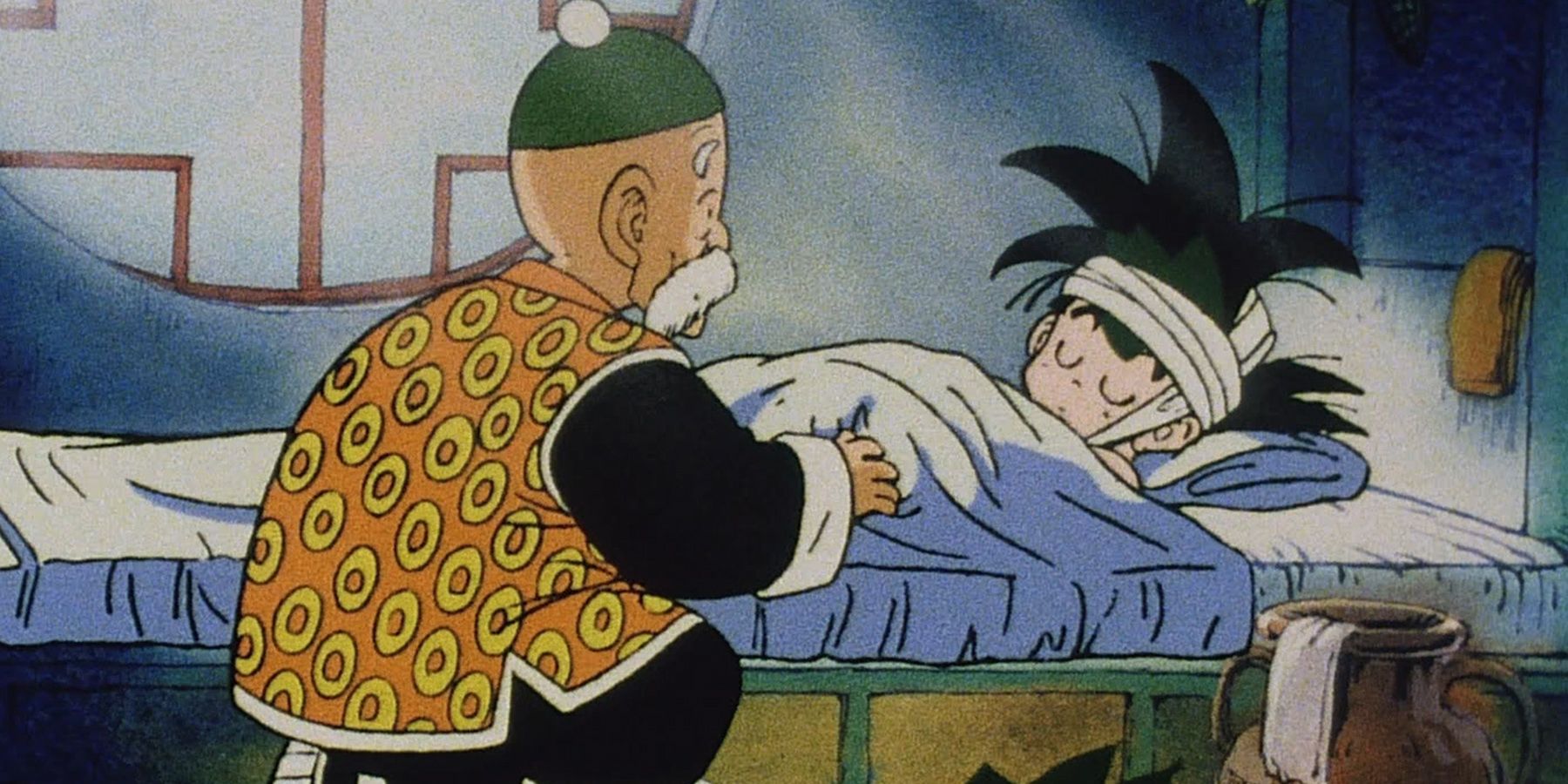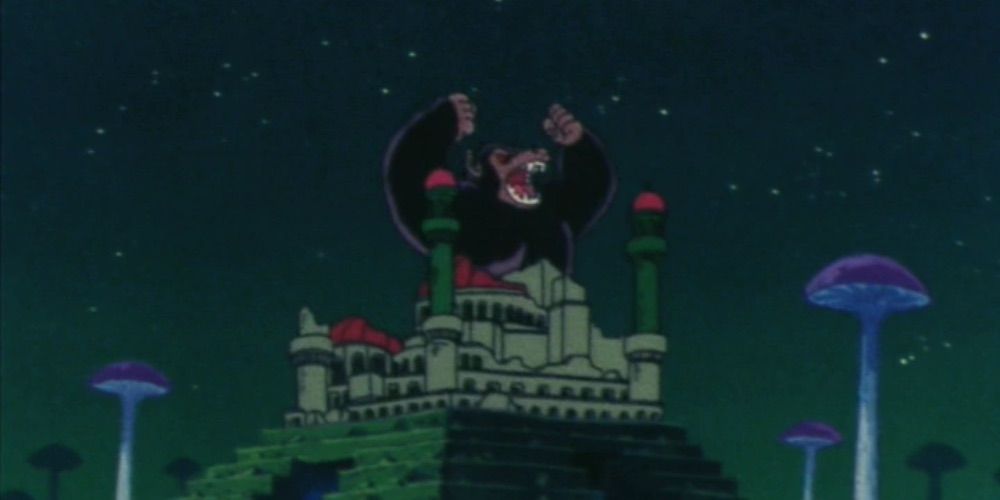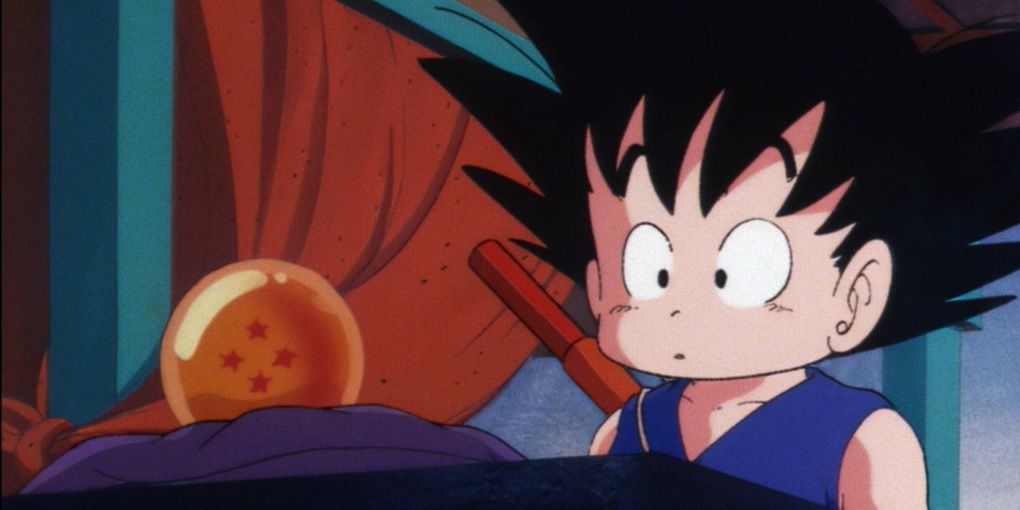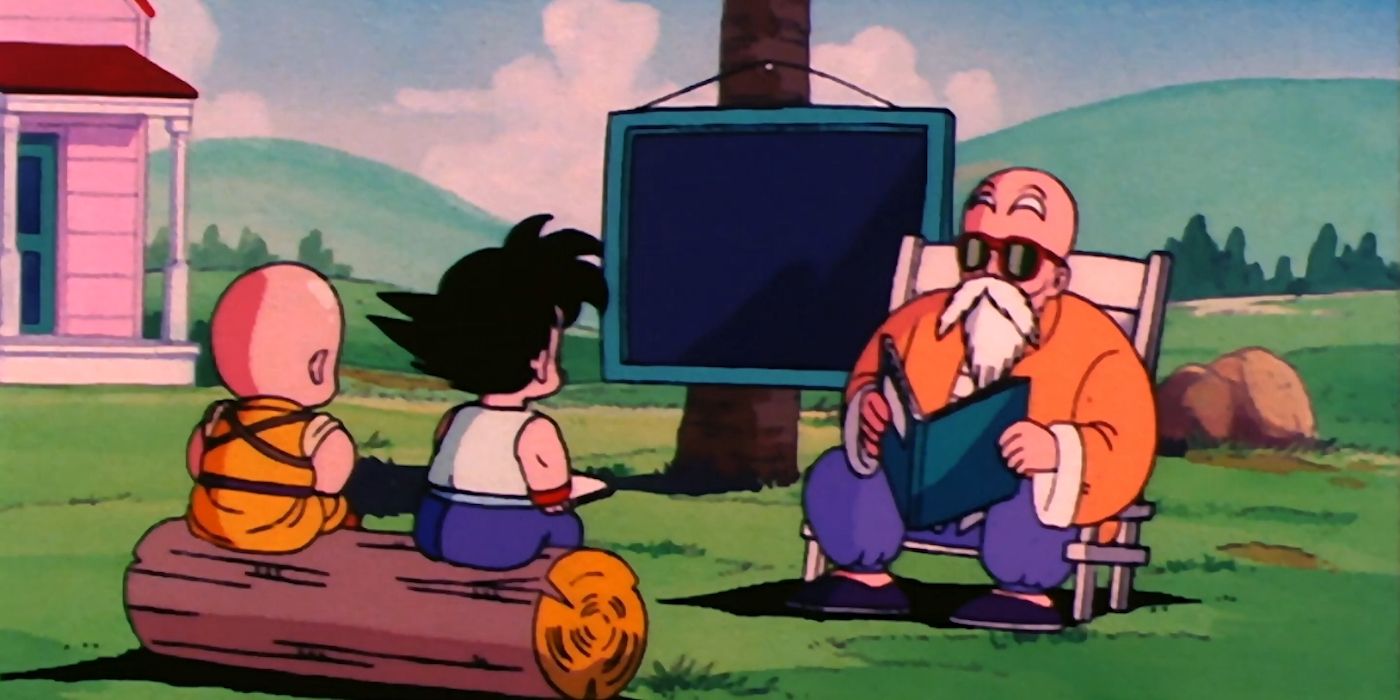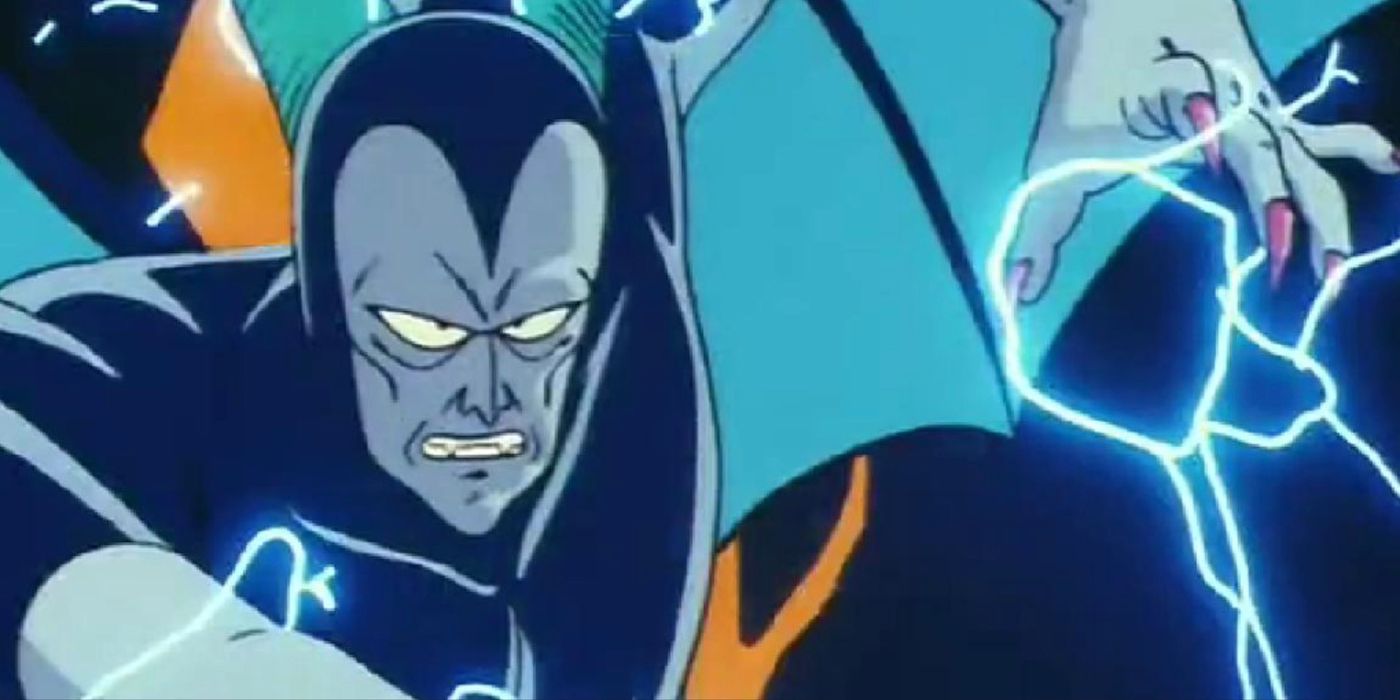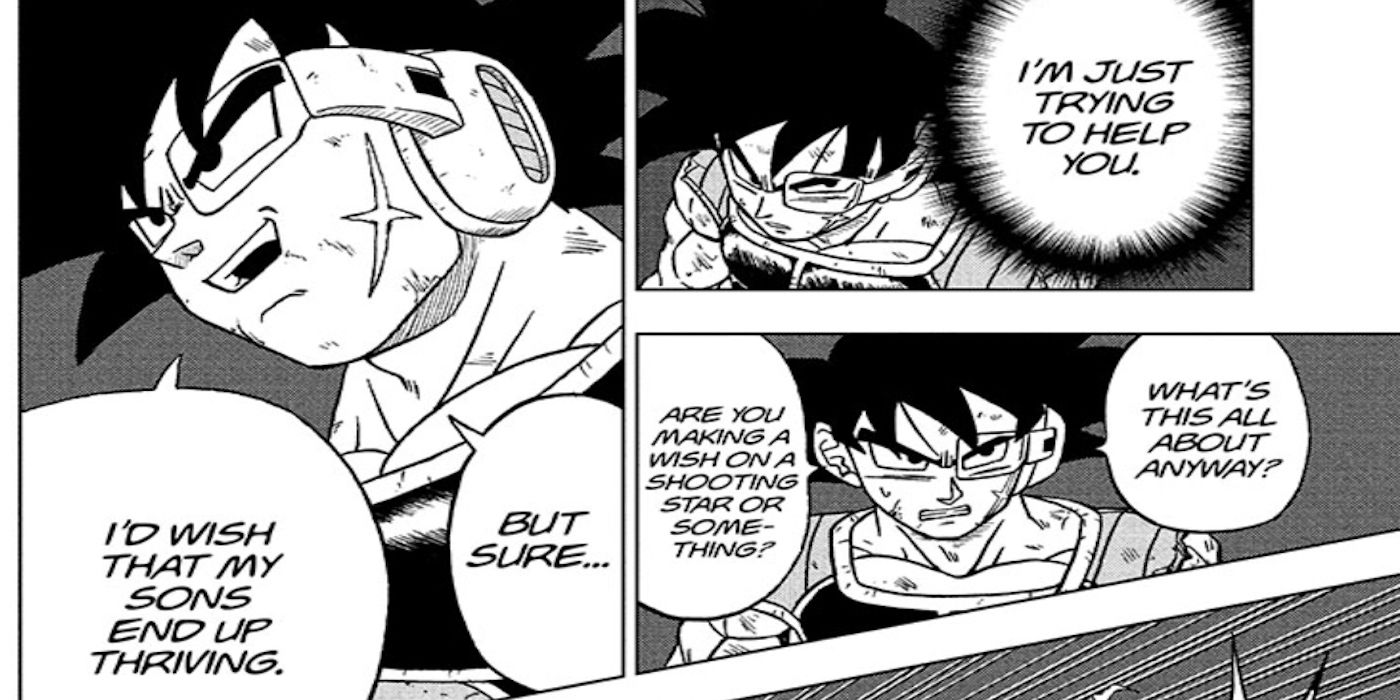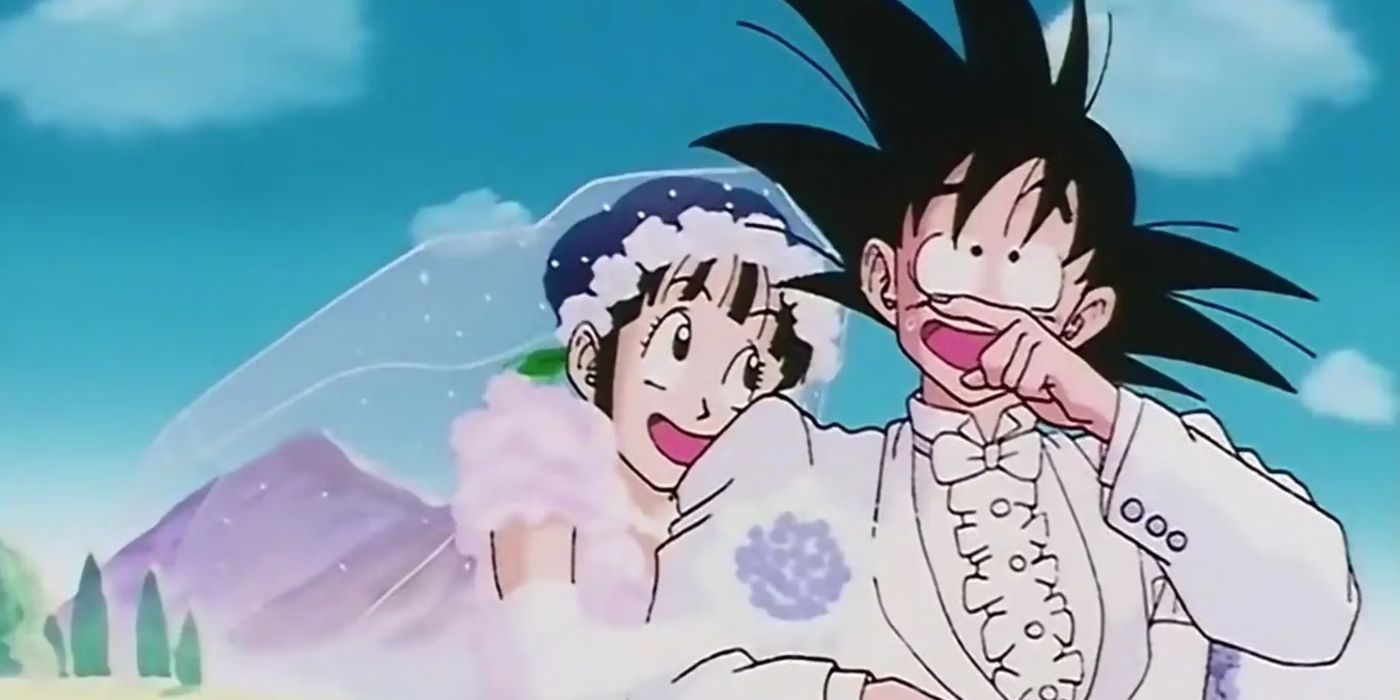As the protagonist of Kaiju No. 8, Kafka Hibino is an underdog character with limited skills that everyone underestimates. He aims to achieve a dream that few believe he will accomplish and pushes forward with willpower and hope. At a glance, this is very similar to the iconic character, and one of the greatest underdog characters, Naruto Uzumaki. One particular Kaiju No. 8 episode adds another significant parallel between these two characters.
Like many shonenanime, Kaiju No. 8 and Naruto have a series of official tests for the main cast to be challenged with. The only way forward for the protagonist's journey is if they pass this exam, and in true underdog fashion, both these protagonists make it through by the skin of their teeth. While some underdog characters seem uninteresting because of how unrealistic their big breaks are, Kafka's and Naruto's biggest break is a significant example of how to write underdog stories.
Kafka's Journey To Becoming A Kaiju Soldier Mirrors Naruto's Quest To Become Hokage
While there are some mild differences between the two protagonists, the major details of Kafka's and Naruto's stories are the same. Their main goals at the beginning of their respective series are to join a major organization that is in charge of protecting their society. For Kafka, that organization is the military group, the Defense Force. For Naruto, it's Konoha Village's Ninjas. More than just joining, they long to be one of the strongest members of these organizations.
Both Kafka and Naruto grew up longing to be strong, which would lead them to aim for their highest goals. Kafka is eventually revealed to be working towards the Vice Captain position in the Defense Force so he can fight beside his childhood friend, Mina — who is one of the strongest characters, if not the strongest, and is a symbol of hope for all of Japan. Naruto has his eyes set on becoming Hokage, the leader of his Village who is always the strongest and most inspirational person in Konoha.
Whether by coincidence or design, Kafka also shares Naruto's status as an underdog character. They are both consistently underestimated because they never perfectly fit into the role they want to be in. Despite their hard work, neither are ever considered the strongest or smartest, but in order to be acknowledged and achieve their dreams, they continue to persist in their chosen journey. Both protagonists endure numerous trials to take steady steps in reaching their goals, and at one point it seems like they have no chance of moving forward.
One Test Stands In The Way Of Both Their Dreams
In the simplest terms, the path to becoming a Kaiju Soldier or a Konoha Ninja requires individuals to take certain examinations just to join and move up in rank. The rankings in Kaiju No. 8 aren't shown to have separate aptitude tests, but in Naruto, the rankings of Chuunin, Jonin, and then Hokage do have specific challenges. Kafka and Naruto both struggle with their first exam; arguably, Kafka struggles more than Naruto, since it takes him until his early 30s to pass the first stage of the entry exam.
The Defense Force's Written Test proves to be easy for Kafka, who is very knowledgeable about Kaiju, but the second part of the entry exam is where he falls short. With Naruto, he struggles with chakra control — a basic and essential part of a Ninja's arsenal — and his lack of attention in class serves as his downfall. He graduates from the Ninja Academy by pouring himself into training himself, leading to a display of incredible natural talent that no one knew he had before. Both dreamers might be different in how long it took them to move past the first step of their goals, but early on in their journeys, there is a challenge that almost stops them in their tracks.
The Second Part of the Defense Force Test, Explained
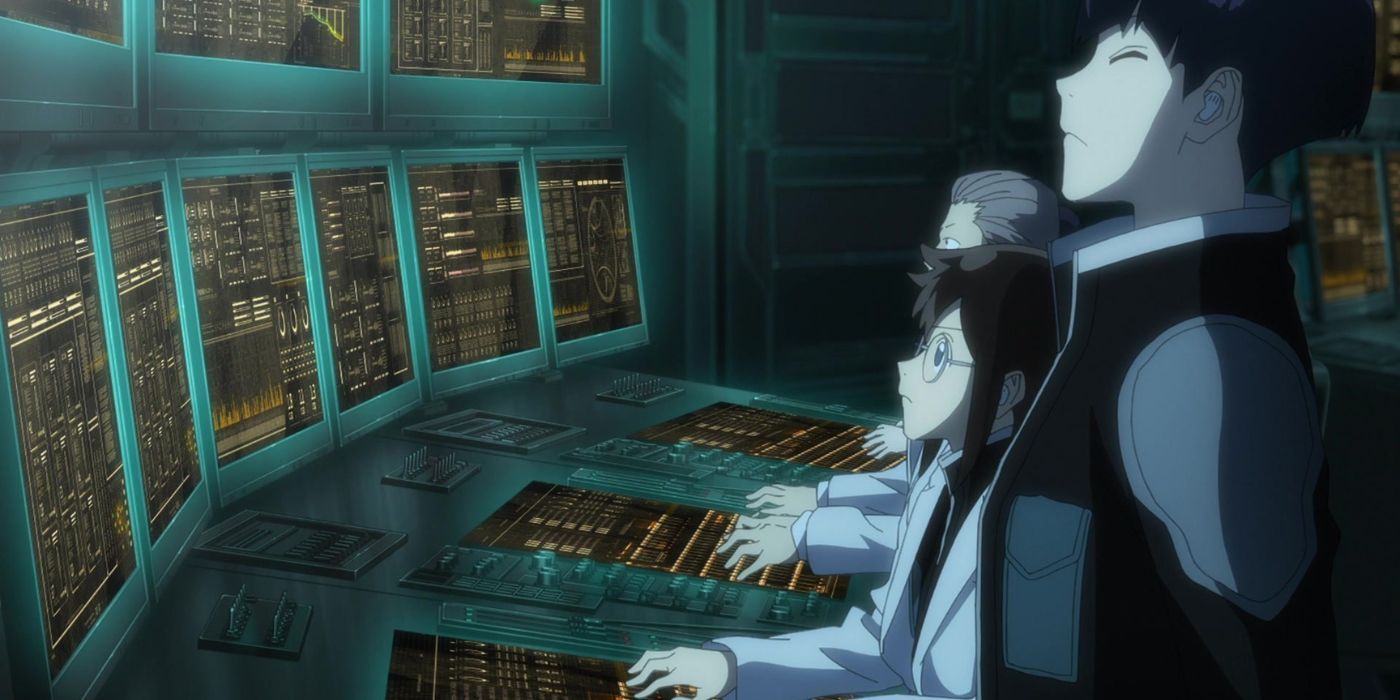
After passing the written test with ease, Kafka worries about the second part of the Defense Force entry exam. The Defence Force entry exam is a two-part test consisting of a physical test followed by an aptitude test. In episode 3 of Kaiju No. 8, the exam participants are ranked based on their physical endurance, speed, and strength in a series of obstacle courses. Episode 4 pits the examinees against live Kaiju and suits them up in combat suits that protect them and project their power levels — another factor added into their ranking. They are given medium-sized guns and other offensive equipment to attack the Kaiju with.
These tests are meant to weed out individuals who are not physically adept at fighting Kaiju. The job of Defense Force soldiers is to be fast enough, strong enough, and have some military strategy in mind to survive. There is also the age-limiting rule that only those under 33 years old can apply for the selection exam. Since Kafka is 32 at this point in the anime, this isn't just a first step toward his goal anymore — it's his last chance.
The Chuunin Exam, Explained
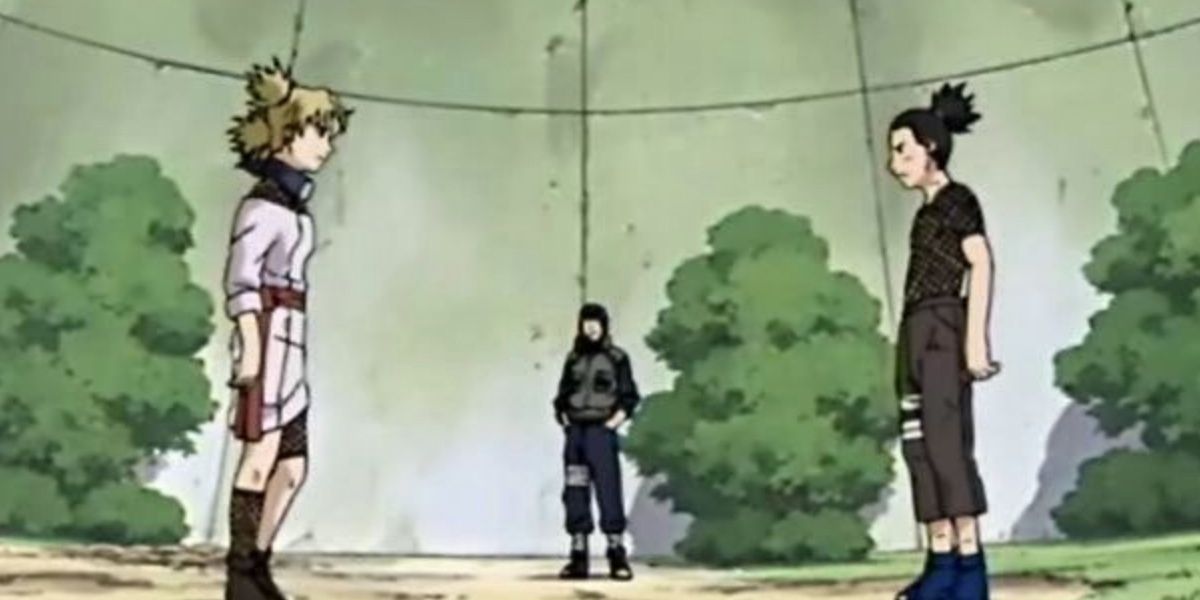
Naruto becomes a Genin Ninja in the first episode of the series, thus taking the first step on his journey earlier than Kafka in a number of ways. That being said, in order for him to become Hokage, the 12-year-old still needs to pass other exams and earn recognition. This leads him and his teammates to the Chuunin Exams. As the name suggests, this test leads to the next ranking of Chuunin Ninja. As shown in the second season, it's a three-part exam that invites Ninja across several neighboring countries to be awarded the higher ranking in their respective villages.
Since this is a test that forges bonds with other countries, the location changes every year the exam is held; in season 2 of the series, it's held in Konoha. In the anime, the first part is a written exam. The second part is a test of survival in Konoha's Forest of Death, and the final part is a combat tournament with a large audience to showcase who deserves to become Chuunin. This test challenges examinees' knowledge-gathering skills, survival skills, and fighting ability.
Before Naruto can show his natural fighting ability, he has to overcome the challenge of his worst nemesis: a written test. In an unexpected twist, Team 7 comes close to failing the first part of the Chuunin exams and being forced to give up on being Ninja. The proctor of the written test, Ibiki Morino, designed the test to be a psychological challenge. On the test paper, there are nine questions that only those as intelligent as Sakura could answer on their own; even Sasuke admits he can't answer a single question. The tenth question is stated in the paper to be asked when the test timer has run out.
Surrounded by a mass of Konoha's Jonin, examinees who are caught cheating five times are immediately failed and asked to leave. On the surface, it appears that only the smartest can pass, but the real challenge is stealing information like a true Ninja would be able to do. While most of the examinees realize this, Naruto is clueless; since the test is ranked based on the total score of each three-man team, he rides his hopes on the mysterious tenth question. Before the tenth question is asked, the proctor, Ibiki, states that if anyone fails to answer the tenth question they will be barred from taking the Chuunin Exams ever again.
The examinees are given the choice to leave, but if one leaves, then the entire team forfeits, thus adding to the psychological challenge. Naruto and his teammates have to decide on the spot if they want to take a gamble or wait for the next chance.
Neither Kafka Nor Naruto Should Have Passed, But They Did Because Of One Critical Technicality
Similarly, Kafka's and Naruto's dreams and potential are threatened because of one particular challenge. For Kafka, it's the Defense Force's challenge of physical aptitudes. For Naruto, it's the Chuunin Exam's challenge of intelligence-gathering. In the face of both tests, neither managed to achieve a single point.
Kafka failed to damage a single Kaiju and his physical scores during the obstacle course leave something to be desired. Naruto couldn't answer any of the nine questions on the written test; he also couldn't figure out that cheating secretly was, in fact, the whole point of the test. What this means is that Kafka arguably wouldn't be able to survive a Kaiju attack and would just be a liability to the Defense Force. As a Ninja, Naruto shows that he fails at the essential skills of gathering intelligence that could save lives. With these arguments in mind, neither should have passed.
Beyond the fact that these two are the protagonists of their series, there is a reasonable explanation as to why they overcome these challenges and continue to achieve their goals. This has to do with one particular character in charge who sees significant value in a trait that each character shows during the test.
Kafka Brings A New Source of Strength to the Defense Force
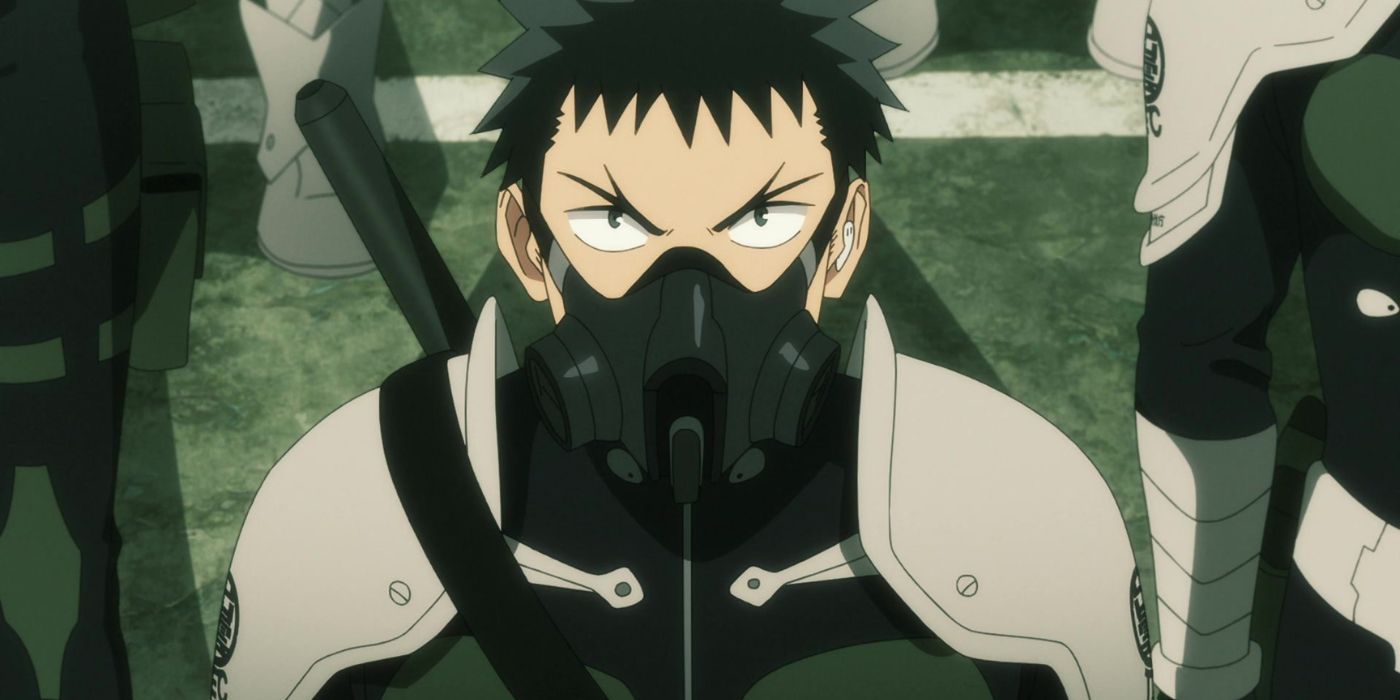
During the final part of the Defense Force's Exam, the examinees are basically pitted against each other to prove who is the best at killing Kaiju. Kafka shows that he has few skills to land even a scratch on one of the monsters, but in several moments provides life-saving advice to his competitors. His vast knowledge of Kaiju and his ability for teamwork shines in these brief moments. This is something that Vice-Captain Soshiro Hoshina takes notice of, in addition to another detail.
At first, the Vice-Captain finds Kafka entertaining, asking if he can be passed just to give him a good laugh every now and then. During the association's assessment of Kafka, Vice-Captain Hoshina vouches for Kafka and his support of others, arguing that teamwork is a valuable quality the Defense Force could use more of. From the Vice-Captain's recommendation, Kafka isn't passed as a fully-fledged member of the Defense Force. Instead, he's brought in as Hoshina's cadet — just a step below a soldier. While Kafka is essentially acknowledged for his greatest trait, Hoshina's secret reason for keeping Kafka close is that he suspects something is off about the man.
Naruto Proves To Have A Ninja's Greatest Talent
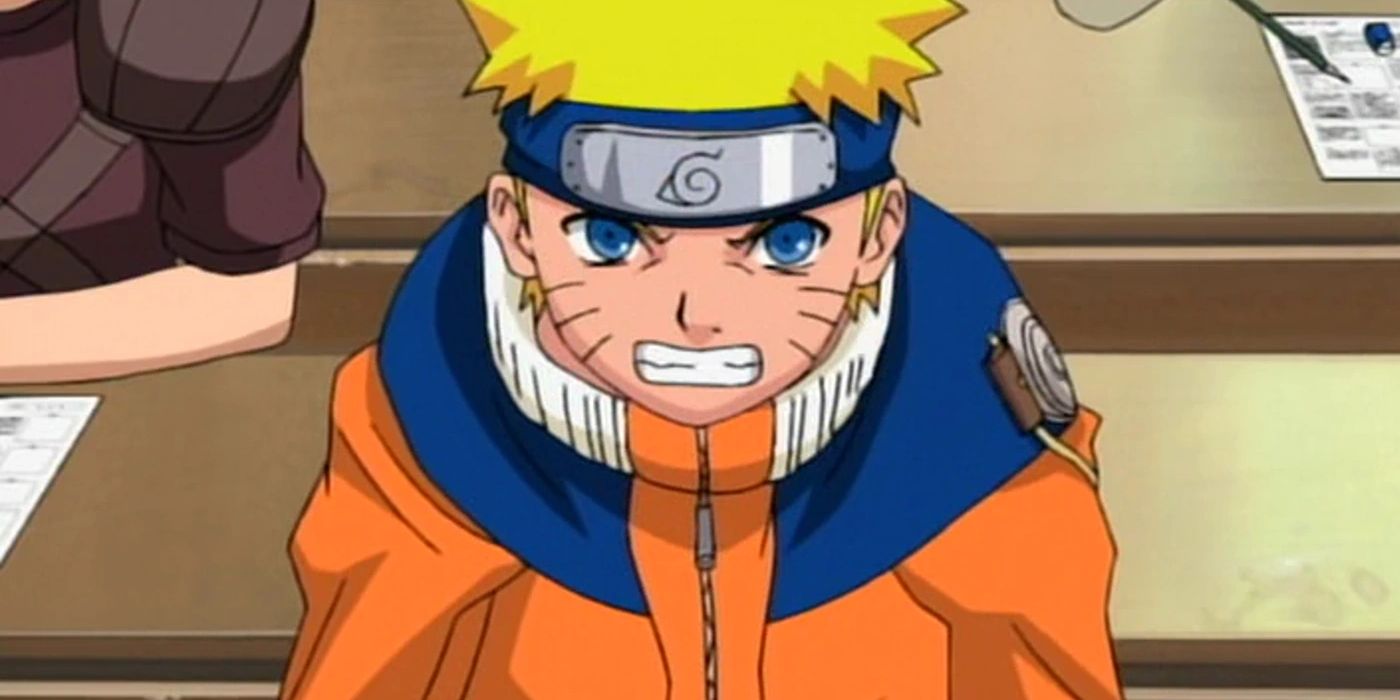
In order to make it to the next part of the Chuunin Exam, Naruto and the rest of the examinees must overcome Ibiki Morino's psychological challenge. The master interrogator does an expert job of discouraging the Genin from advancing with his final gamble of risking it all or temporarily giving up. Despite Naruto's strong sense of self up to this point, even he nearly succumbs to the stress of this part of the Chuunin exam. In a bold show of his confidence, Naruto shouts that he won't give up on his dream no matter what happens and accepts the challenge of the final tenth question.
After Naruto's bravado, no other examinee leaves the room, prompting Ibiki to reveal the tenth question, which never existed in the first place. The gamble of taking on an unknown challenge was the big test because, in Ibiki's experience, being brave and not giving up is a Ninja's greatest asset and the true sign of a Chuunin. When Ibiki sees that Naruto couldn't answer a single written question, he laughs it off, in humorous disbelief that he passed someone who technically did so poorly.
In both these exams in these two anime, the protagonists realistically should have failed. The reason why they didn't is because they were recognized for a more important trait. Kafka might not have the most impressive physical skills, but his talent for support is valuable to the Defense Force — which is further proven in episode six. In Naruto's case, the boy may be unskilled when it comes to traditional types of intelligence, but his bravery could still make a huge difference in missions where knowledge and assurance of success are impossible to acquire. Realistically, there ought to be a balance for these military-level associations — the Defense Force and Ninjas — but the reason this works in these stories is because of the characters Hoshina and Ibiki, who show support for the protagonist.
Kafka Hibino and Naruto Uzumaki might not be the most identical in character, but their stories have strong parallels. In one of the more recent episodes of Kaiju No. 8, this becomes clear with the results of the Defense Force Selection Exam. Like Naruto facing the Chuunin Written Exam, Kafka should have failed the second part of the Defense Force Entry Exam. The primary traits that these tests were challenging are not shown in either protagonist, but in reasonable twists of development, these two dreamers have qualities that are more than standard. The protagonists are also lucky to be recognized by the right character who had enough sway to pass them by technicality.





